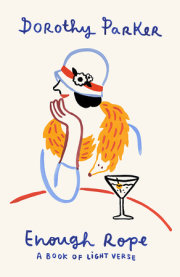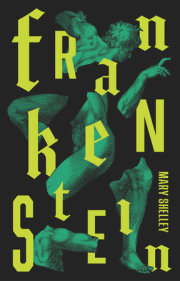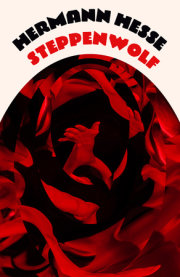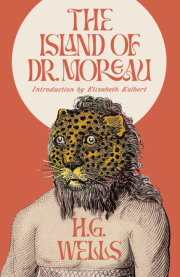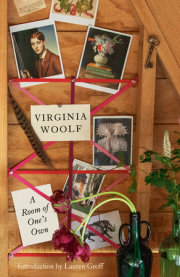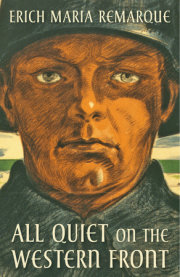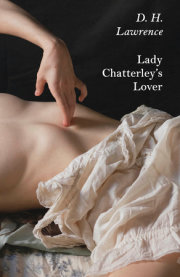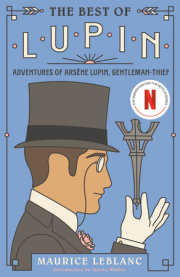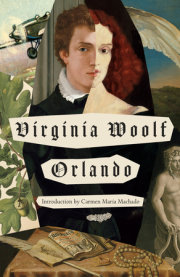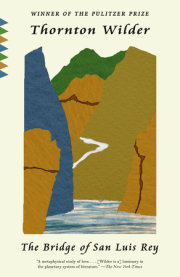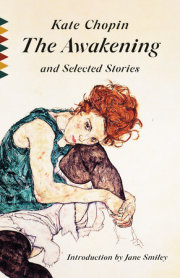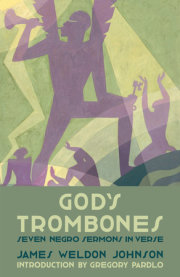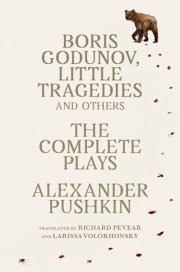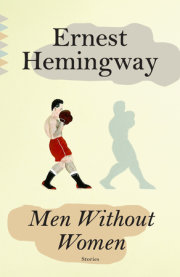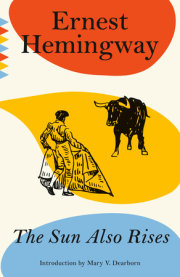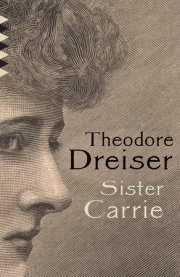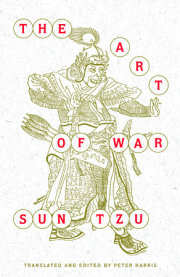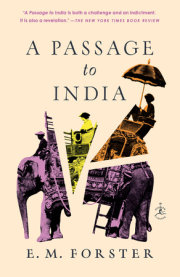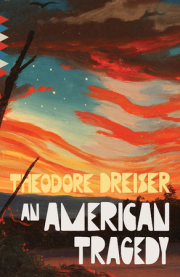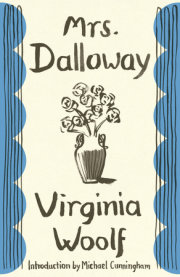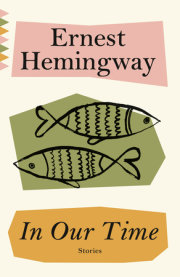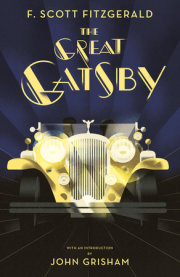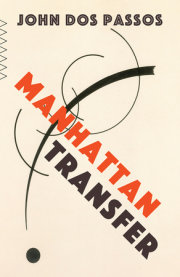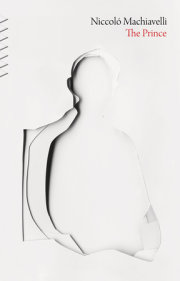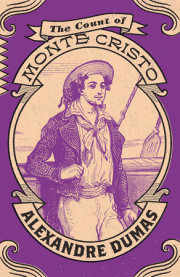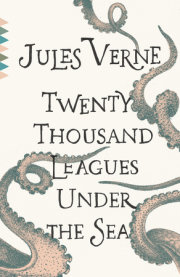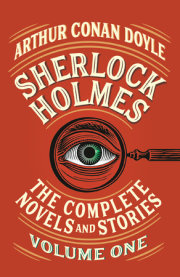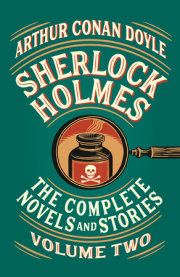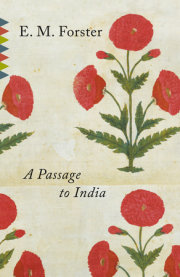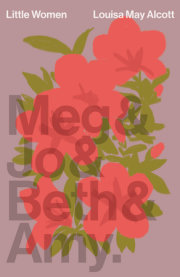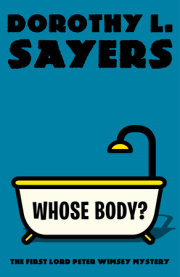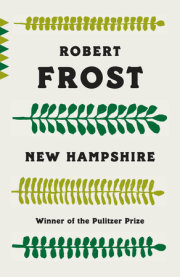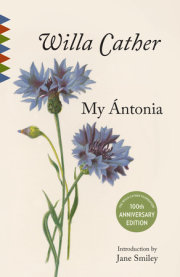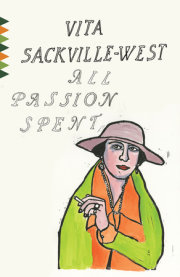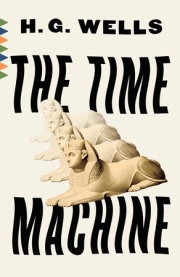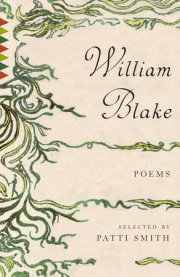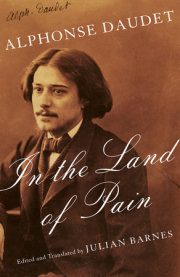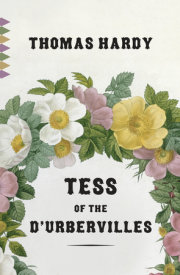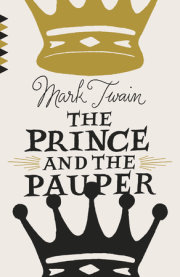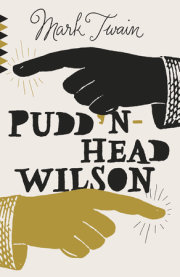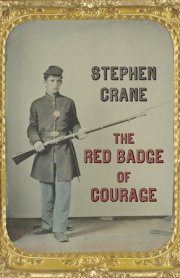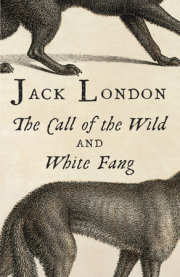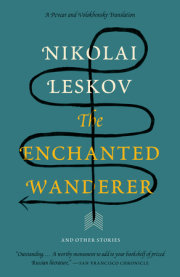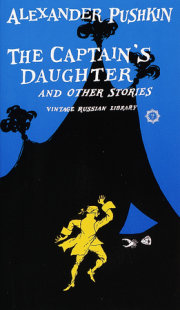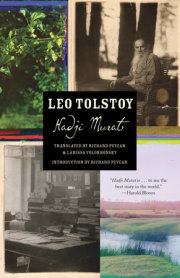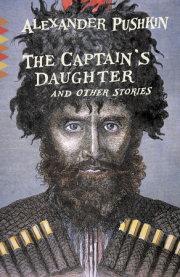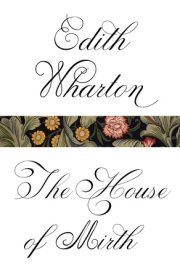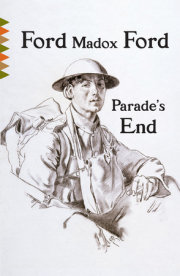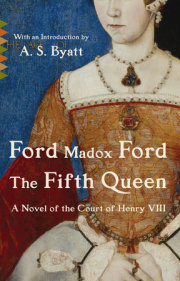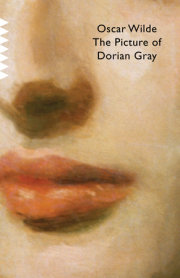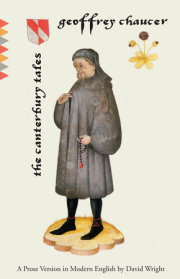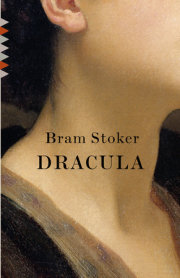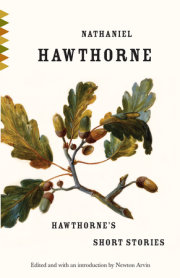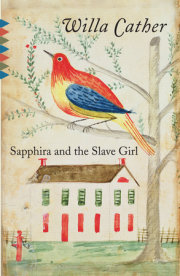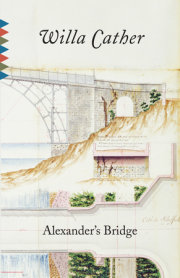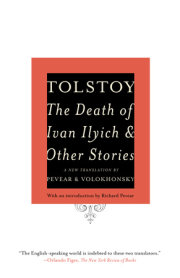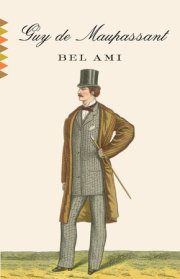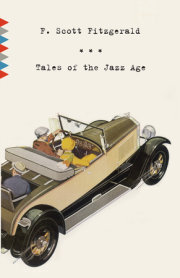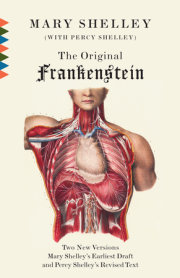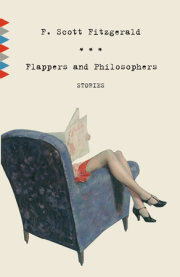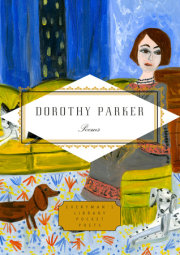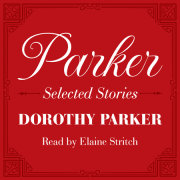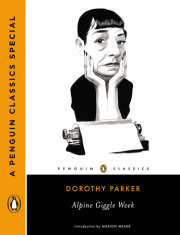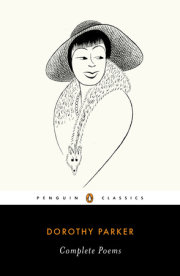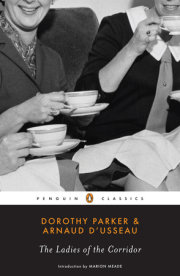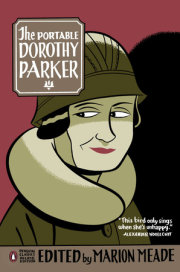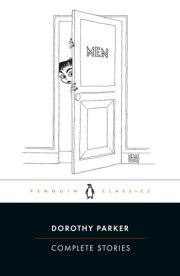THRENODY
Lilacs blossom just as sweet
Now my heart is shattered.
If I bowled it down the street,
Who’s to say it mattered?
If there’s one that rode away
What would I be missing?
Lips that taste of tears, they say,
Are the best for kissing.
Eyes that watch the morning star
Seem a little brighter;
Arms held out to darkness are
Usually whiter.
Shall I bar the strolling guest,
Bind my brow with willow,
When, they say, the empty breast
Is the softer pillow?
That a heart falls tinkling down,
Never think it ceases.
Every likely lad in town
Gathers up the pieces.
If there’s one gone whistling by
Would I let it grieve me?
Let him wonder if I lie;
Let him half believe me.
THE SMALL HOURS
No more my little song comes back;
And now of nights I lay
My head on down, to watch the black
And wait the unfailing gray.
Oh, sad are winter nights, and slow;
And sad’s a song that’s dumb;
And sad it is to lie and know
Another dawn will come.
THE FALSE FRIENDS
They laid their hands upon my head,
They stroked my cheek and brow;
And time could heal a hurt, they said,
And time could dim a vow.
And they were pitiful and mild
Who whispered to me then,
“The heart that breaks in April, child,
Will mend in May again.”
Oh, many a mended heart they knew,
So old they were, and wise.
And little did they have to do
To come to me with lies!
Who flings me silly talk of May
Shall meet a bitter soul;
For June was nearly spent away
Before my heart was whole.
THE TRIFLER
Death’s the lover that I’d be taking;
Wild and fickle and fierce is he.
Small’s his care if my heart be breaking—
Gay young Death would have none of me.
Hear them clack of my haste to greet him!
No one other my mouth had kissed.
I had dressed me in silk to meet him—
False young Death would not hold the tryst.
Slow’s the blood that was quick and stormy,
Smooth and cold is the bridal bed;
I must wait till he whistles for me—
Proud young Death would not turn his head.
I must wait till my breast is wilted,
I must wait till my back is bowed,
I must rock in the corner, jilted,—
Death went galloping down the road.
Gone’s my heart with a trifling rover.
Fine he was in the game he played—
Kissed, and promised, and threw me over,
And rode away with a prettier maid.
A VERY SHORT SONG
Once, when I was young and true,
Someone left me sad—
Broke my brittle heart in two;
And that is very bad.
Love is for unlucky folk,
Love is but a curse.
Once there was a heart I broke;
And that, I think, is worse.
Copyright © 2022 by Dorothy Parker. All rights reserved. No part of this excerpt may be reproduced or reprinted without permission in writing from the publisher.


